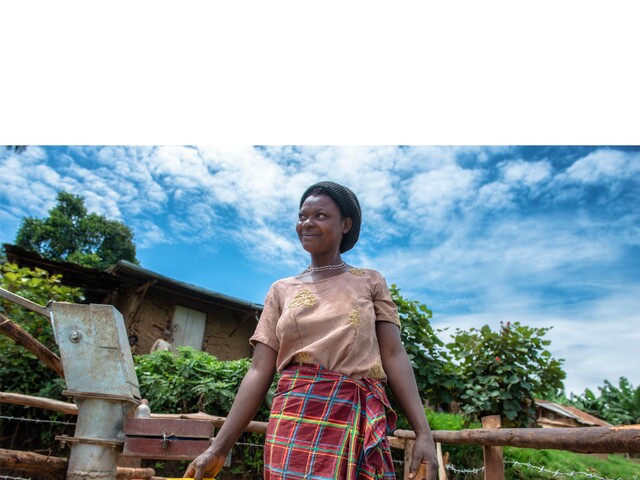
Explore our pages
Narrow down your search by using the filters. Dive deeper using advanced search.
Please find below your results. You can filter results or use our Resources: Advanced Search facility.
A path to interconnected sectoral progress in Ghana Read more...
Written by Muyatwa Sitali , Head of Country and Partner Engagement at Sanitation and Water for All (SWA) partnership and originally published on the SWA website on 23 May, 2023. All Systems Connect | International Symposium May 2023 @ World Forum, The Hague. Robert Tjalondo (Rockin' Pictures)/IRC... Read more...
The added value of the SWA Jakarta Sector Ministers' Meeting Read more...
The same capacities that help us adapt to COVID-19 can be used to face climate change. Read more...
Report of a WASH Debate on climate adaptation. Read more...
Report of a Watershed empowering citizens webinar on adjusting your advocacy to COVID-19 pandemic. Read more...
The role of civil society in evidence-based advocacy for the human rights to water and sanitation. Report of a WASH Debate. Read more...
What it will take to bring water and sanitation to everyone. Read more...
Lean government needs a lean private sector to deliver safe water and sanitation to everyone. Both are part of an effective public system. Read more...
How do we make sure that everyone has a basic level of service? Report of an IRC WASH Debate. Read more...
From exit strategies to transformation strategies in WASH. Read more...
A guest blogger's report of discussions at a Max Foundation-IRC event. Read more...
Tools are not enough, engage with government for real change Read more...
The long road to data savviness. Read more...
What can the sector learn from circular economy visionary Thomas Rau? Read more...
The Global Water Integrity Outlook was launched in The Netherlands on 15 April 2016. Read more...
Are government-led and private sector approaches mutually exclusive? Read more...
Experts discuss integrated approaches at IRC event in The Hague. Read more...
IRC's Chief Executive Patrick Moriarty reflects on the highlights from the annual water conference in Stockholm. Read more...
Nothing less than universal and equitable access to water and sanitation for all by 2030 is what the world wants. Some 50 Dutch water and development specialists came to The Hague on March 4th, 2015, to discuss what it will take to make this goal a reality. Read more...